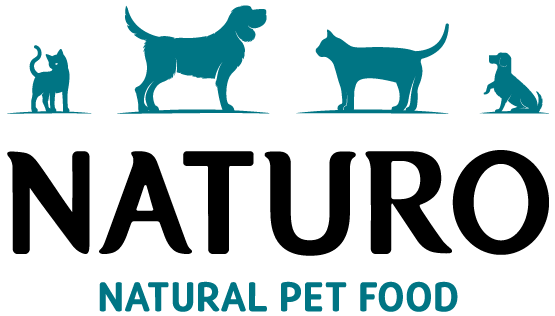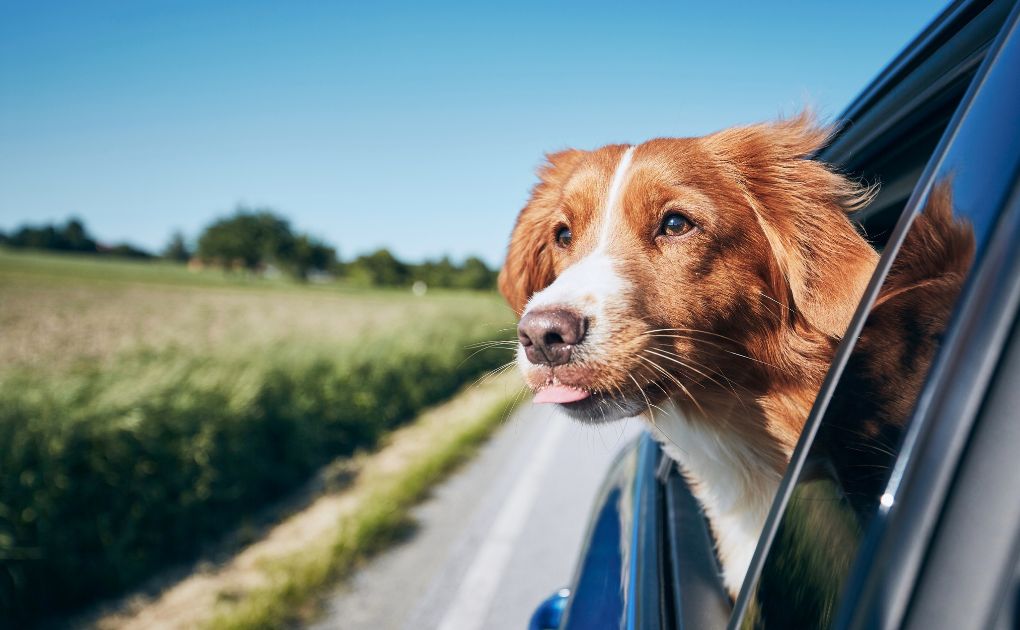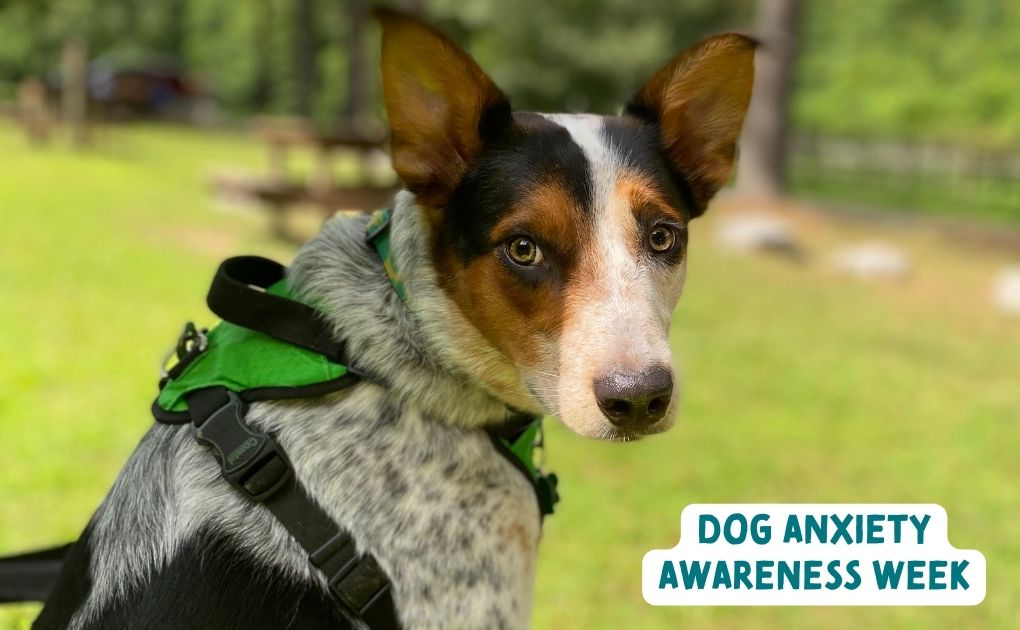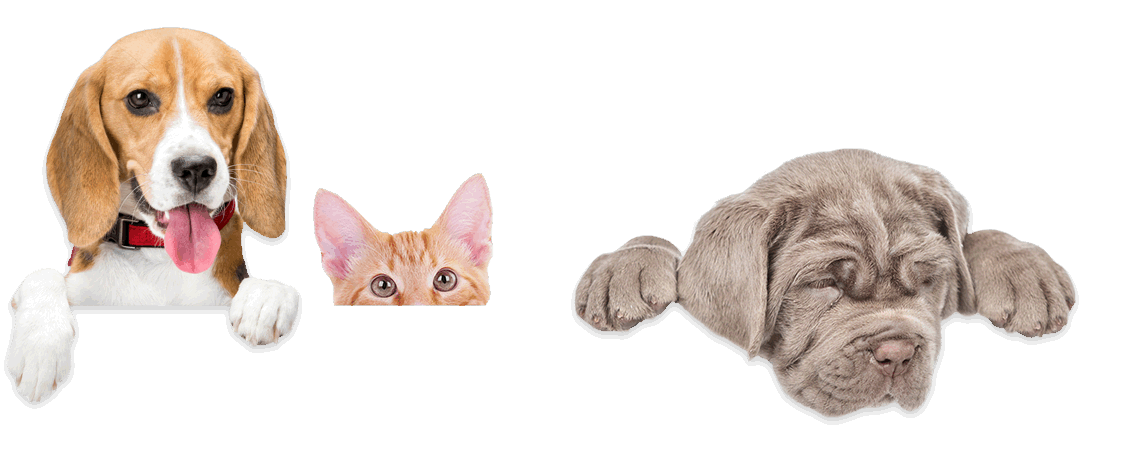There’s no better way to fight back the blazing hot sun of July than by keeping your pets hydrated. Pet dehydration is a highly overlooked yet critical area that concerns your pet’s general health and well-being. Just as human bodies are 60% water, pets’ bodies are 80% water, and abruption in consistent replenishment can seriously limit their mobility and strength. A severe case of chronic dehydration can turn fatal as well.

Did you know that ideally your dog needs around an ounce of water for every pound they weigh? For example, a 16-pound dog should have 16 ounces of water a day.
Below we have put together some tips on how you can help ensure your pet drinks enough water and some of the symptoms to watch out for in pets that could be signs of dehydration.
Below are our five top tips to help keep your pet hydrated:
- Always provide fresh water: Ensure that your pet has access to clean, fresh water throughout the day. Regularly check and refill their water bowl to make sure it's always topped up.
- Use clean water bowls: Clean your pet's water bowl regularly to prevent the build-up of bacteria or algae. Wash the bowl with mild soap and water and rinse it thoroughly before refilling.
- Consider a water fountain: Some pets, especially cats, are more attracted to running water. Consider investing in a pet water fountain that circulates and filters the water, making it more enticing for your pet to drink.
- Add moisture to their diet: If your pet's diet permits, consider adding wet food or incorporating moisture-rich foods such as canned food, broth, or water-soaked kibble. This can help increase their overall water intake. Our canned range is great for adding extra hydration to your pet's diet.
- Monitor water consumption: Keep an eye on your pet's water intake. If you notice a significant decrease or increase in their water consumption, it could be a sign of an underlying health issue. Consult with a veterinarian if you have concerns.

Now we move on to look at some of the symptoms of dehydration within pets –
- Appetite loss - Dehydration dulls the digestive system, resulting in loss of appetite.
- Panting - A lack of water in the system drains the energy and results in vicarious panting, even after limited activity.
- Loss of skin elasticity - The skin and fur lose their shine and elasticity due to a lack of hydration.
- Dry nose and gums - Dehydration deprives the pets of their habit of consistent salivation.
- Lethargy - Dehydration leads to a pathological state of unresponsiveness and sleepiness.
Remember, each pet has different hydration needs, so it's important to observe their behavior and consult with a veterinarian if you have any specific concerns about their water intake.









